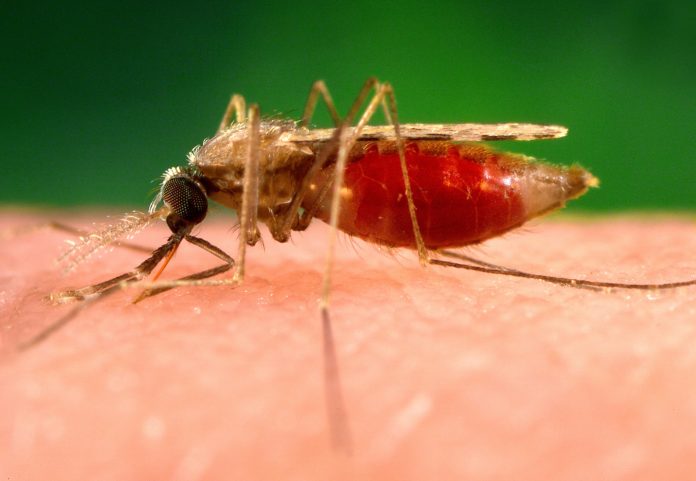Pregnancy malaria vaccine candidate clears phase one clinical trials
A new vaccine may be on the anvil for pregnancy malaria that kills 220,000 every year.
For many years, a team of researchers at the University of Copenhagen have been focussing on developing a vaccine against the disease.
Now they have come a significant step closer to being able to introduce such a vaccine in the market. In a new study published in the scientific journal Clinical Infectious Diseases the vaccine has been subjected to phase one clinical trial, and the results are uplifting. The vaccine is safe to use, and it passes the test by inducing the right antibody response in the blood.
“‘Our development and production of the vaccine has only been possible due to our close public-private collaborations”
“It is a great milestone for us to be able to show that our vaccine is completely safe and induces the exact antibody response in the blood we want. Because it is the immune response that has been shown to be connected with protection from pregnancy malaria. The next step is to document that it prevents pregnancy malaria in African women who would otherwise have contracted the disease,” says main author of the study, Associate Professor Morten Agertoug Nielsen from the Department of Immunology and Microbiology.
Safety First
The researchers have applied the normal method for testing new drugs by doing a so-called randomised, double-blind study. This means that the test subjects were randomly given the vaccine and placebo, respectively, and neither the subjects nor the researchers performing the study knew who got what.
The effect of the vaccine was examined among 36 German women and men who had volunteered for the trial. After injecting the test subjects with the vaccine, the researchers were able to detect the right immune response with antibodies against the malaria parasite in the blood, and the subjects showed no serious side effects.
The German test subjects are described as ‘malaria naïve’, because they are not and will not be exposed to the malaria parasite and therefore will never develop pregnancy malaria. They were nevertheless used as test subjects to document that the vaccine is safe and appears to work, before it is introduced in a group of African women vulnerable and at risk of developing pregnancy malaria.
‘Of course we will be doing more tests, because we want to take the vaccine as far as we can. We are therefore cooperating with hospitals in Benin in Africa, where we can conduct studies in women in risk of developing the disease. We expect to be able to publish the results of these studies sometime next year’, says co-author of the study, Professor Ali Salanti from the Department of Immunology and Microbiology.
Cooperation Ensures Medicine for People in Need
The researchers’ journey towards a malaria vaccine began with Ali Salanti’s discovery of the protein hook in the placenta of pregnant women to which the malaria parasite may attach itself. Subsequently, Ali Salanti and his research team have been trying to utilise this knowledge to produce an actual vaccine against the fatal disease.
‘Our development and production of the vaccine has only been possible due to our close public-private collaborations. It is a strong example of how such a constellation can make it possible to develop medicine for people in need, including people with few resources’, says Professor Ali Salanti.


